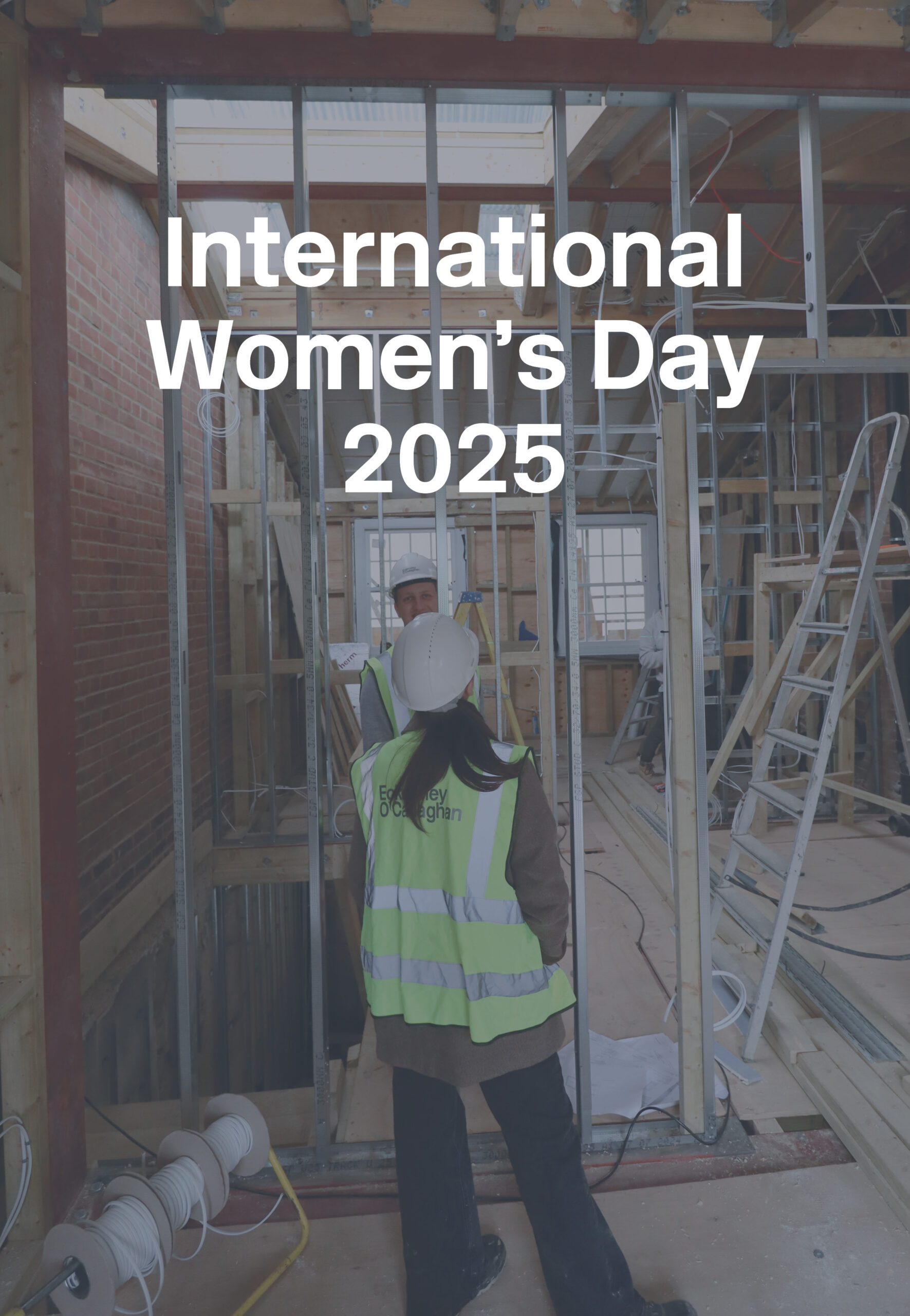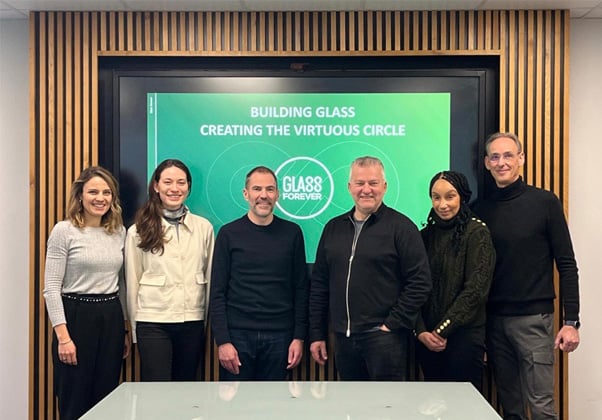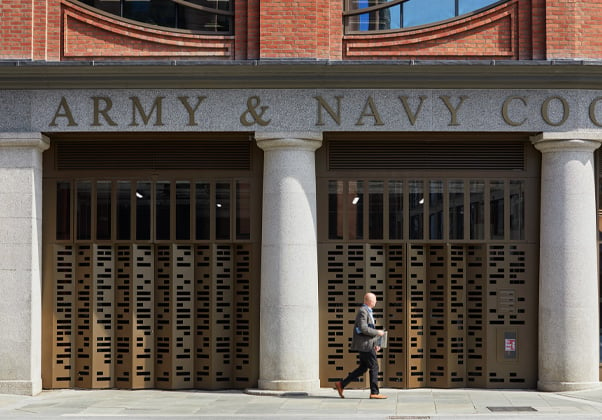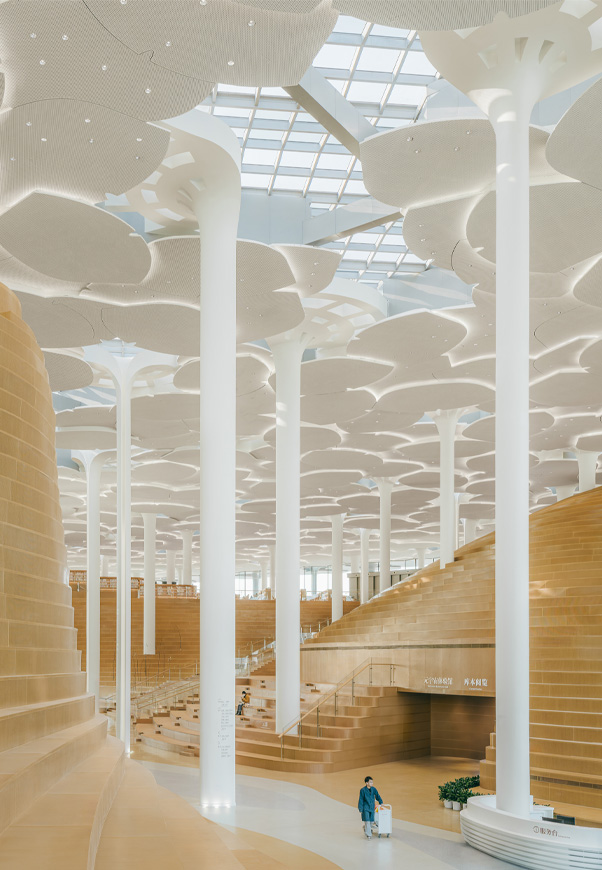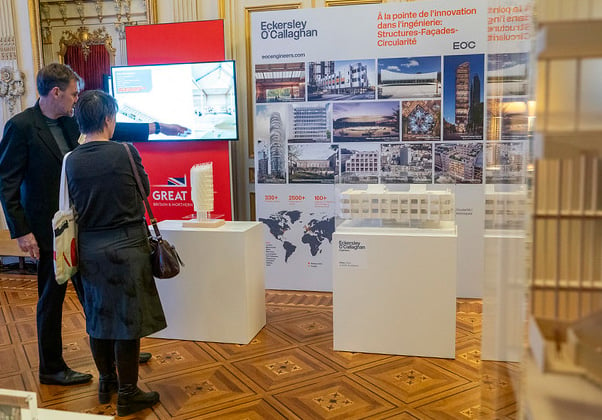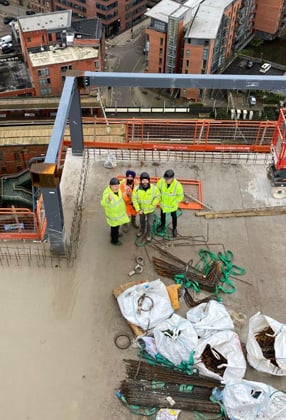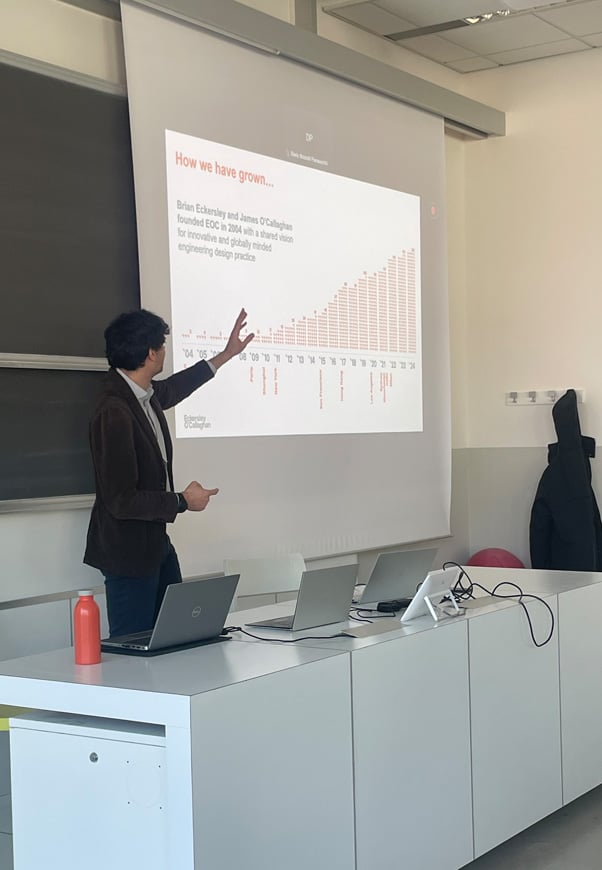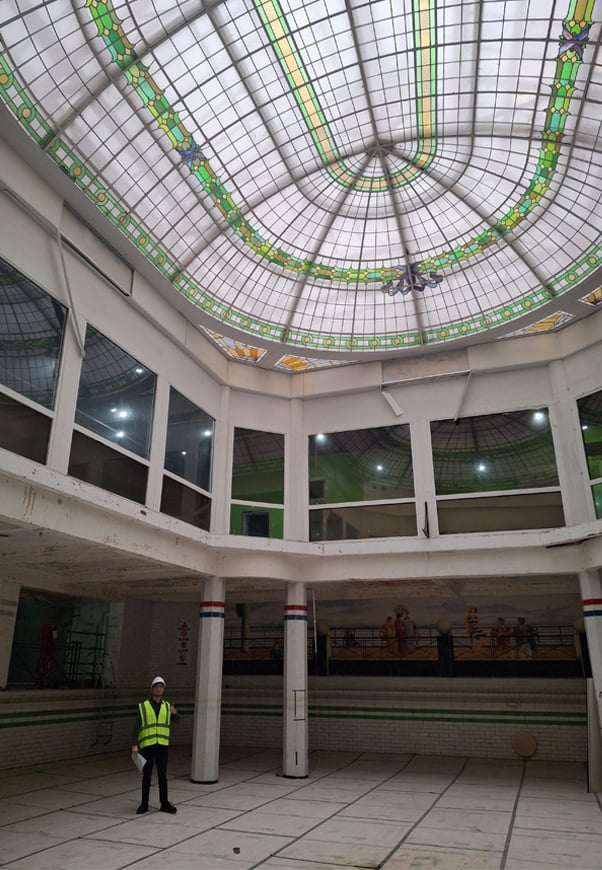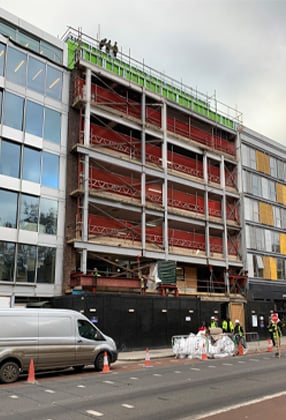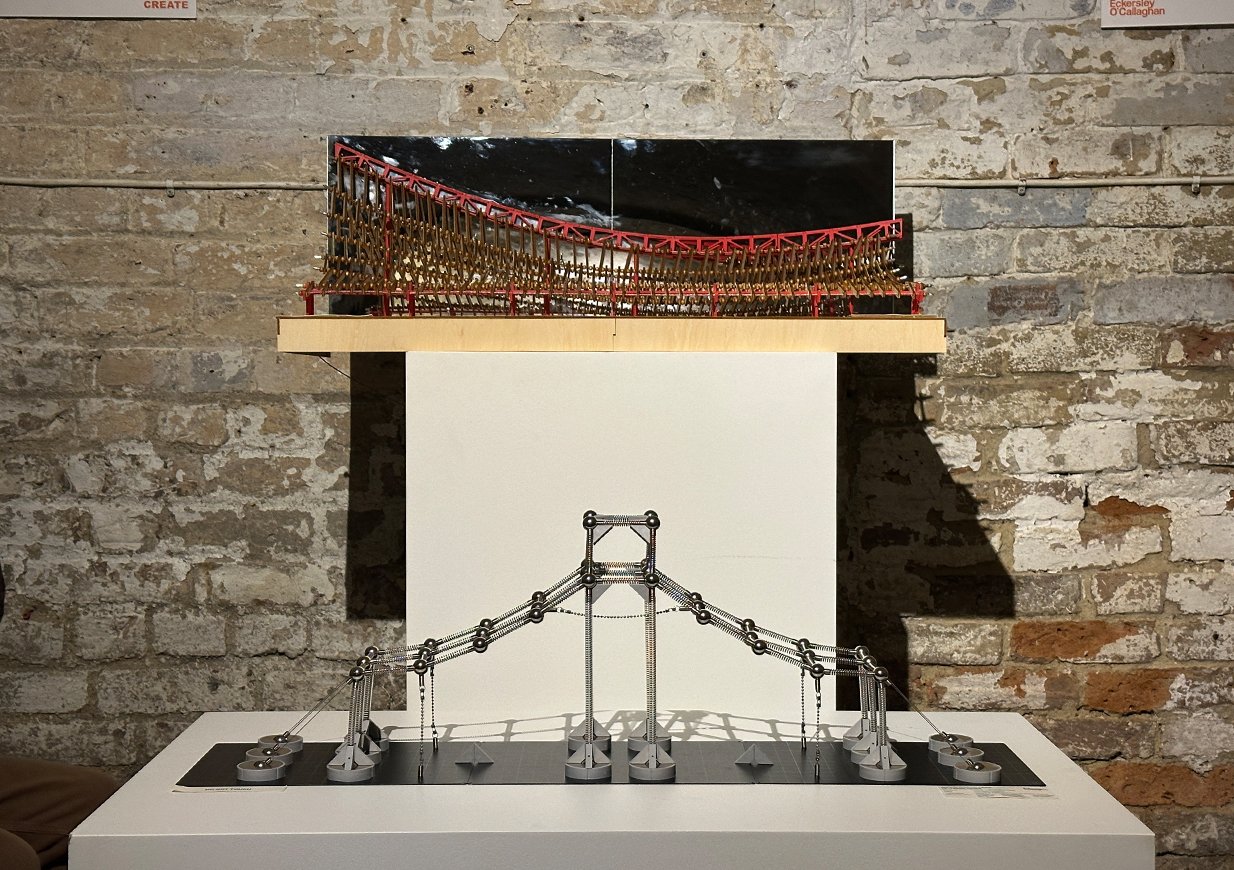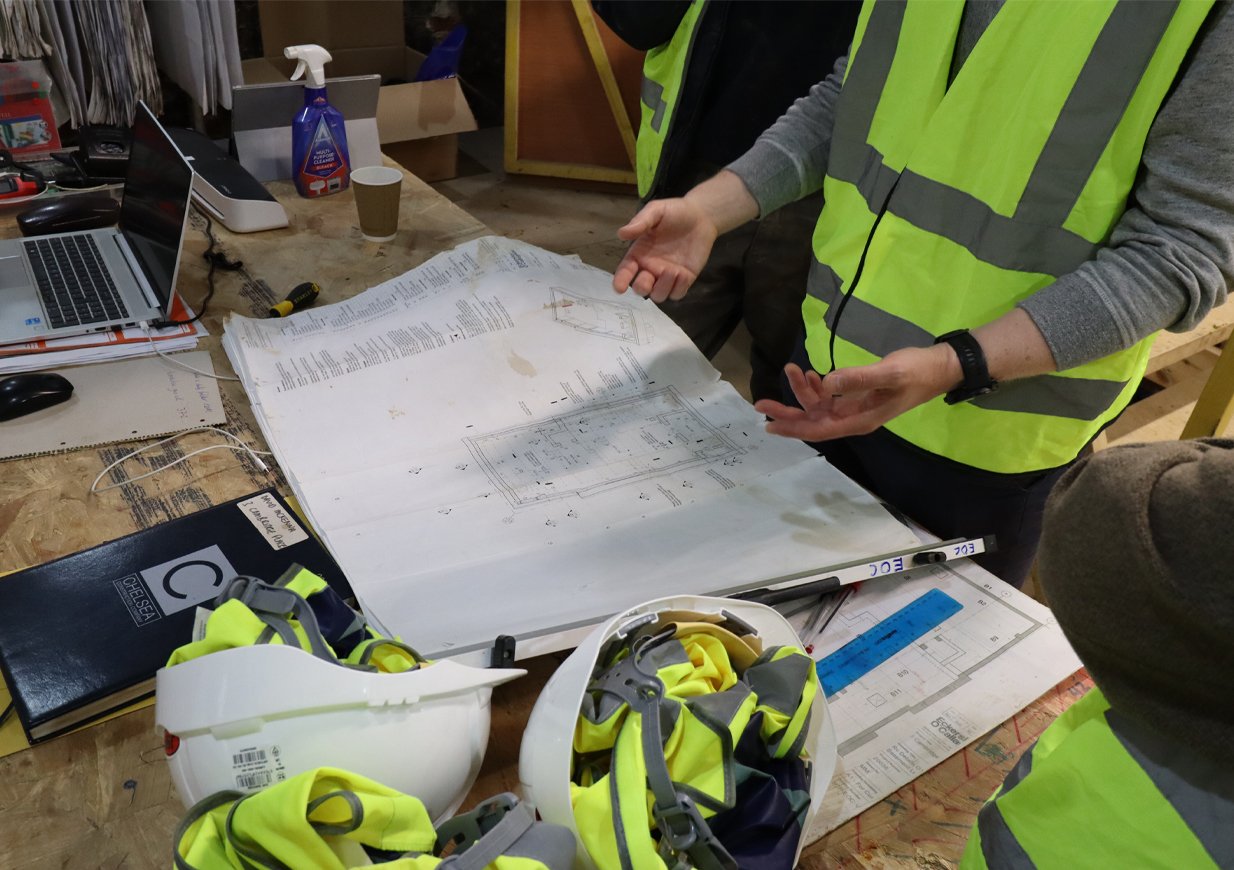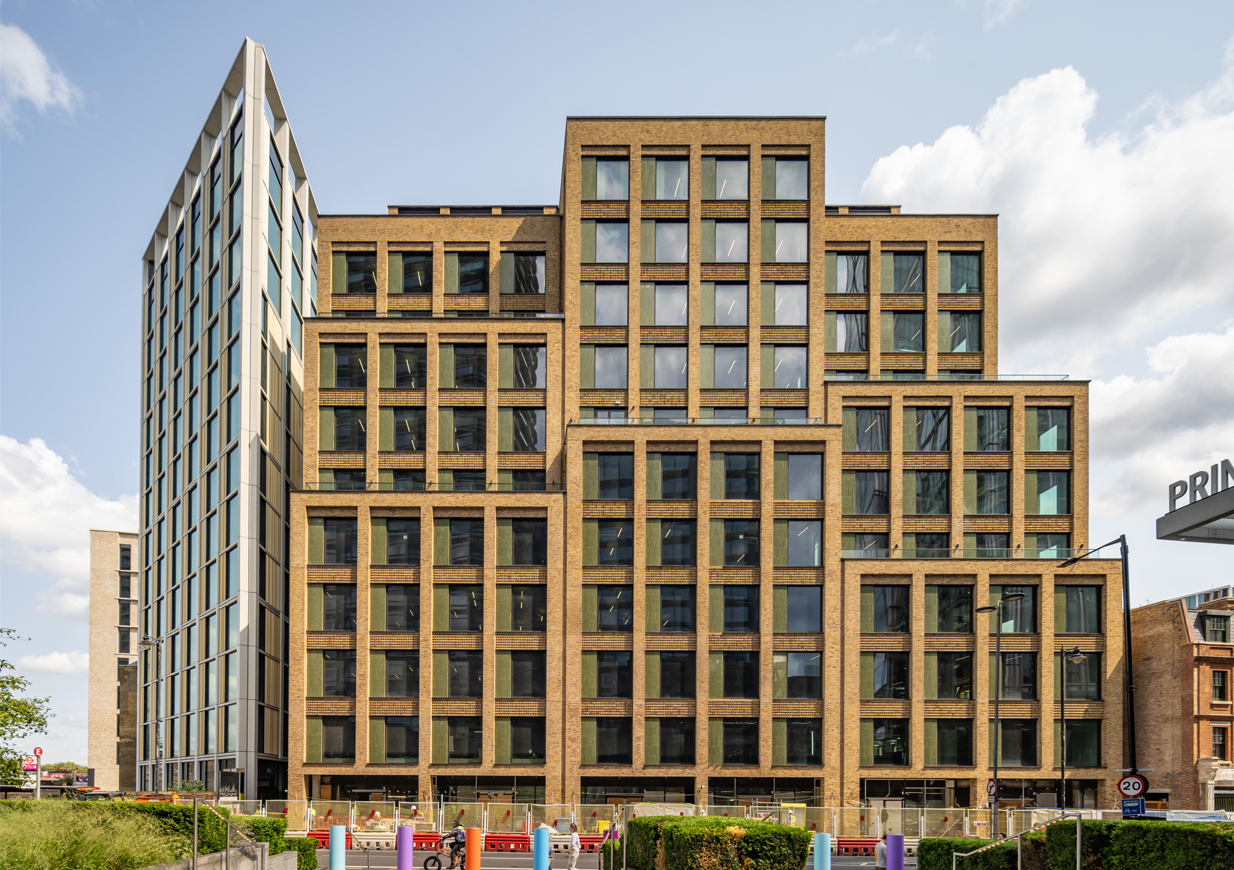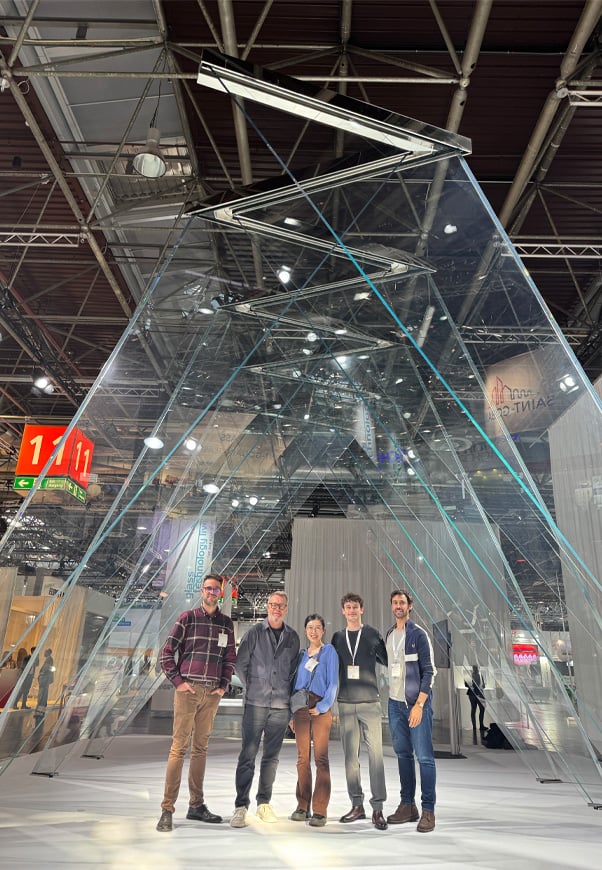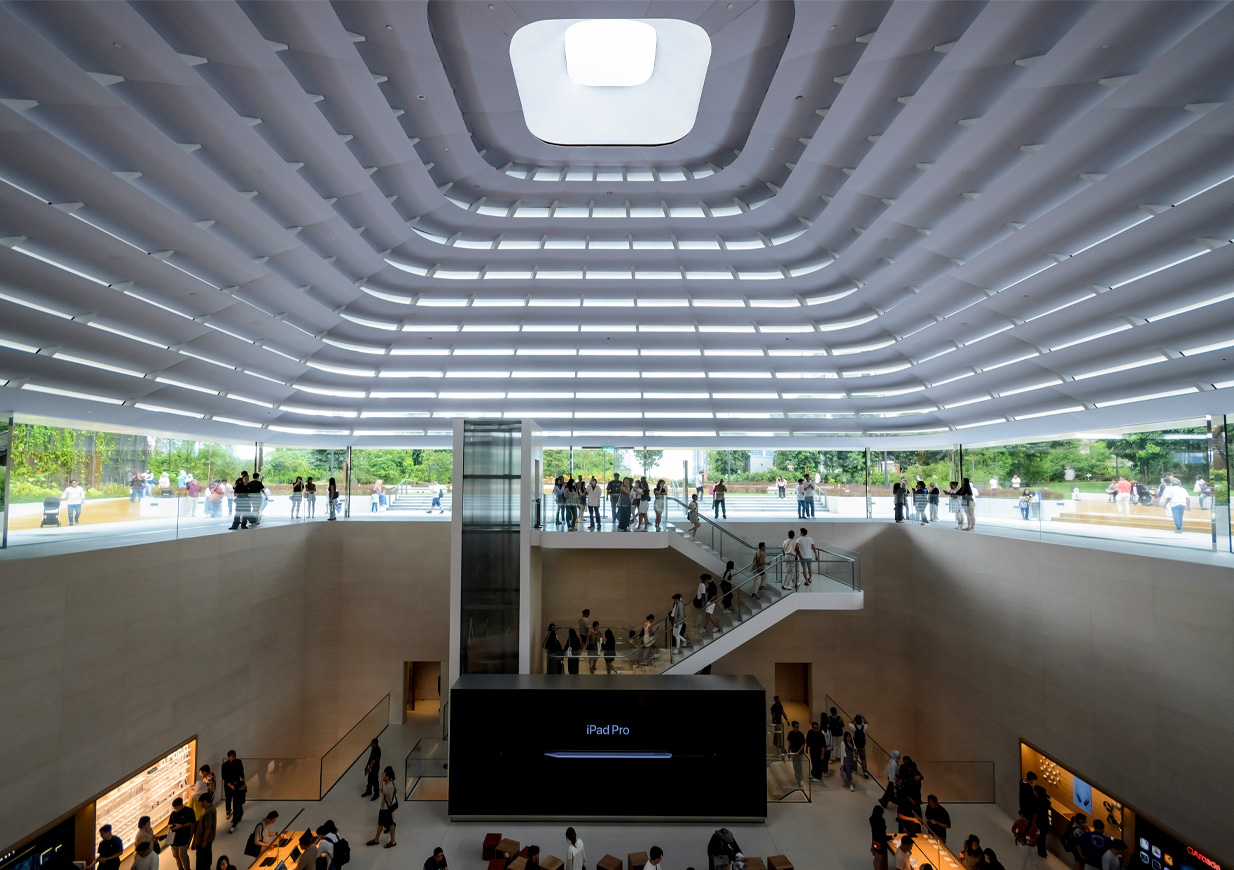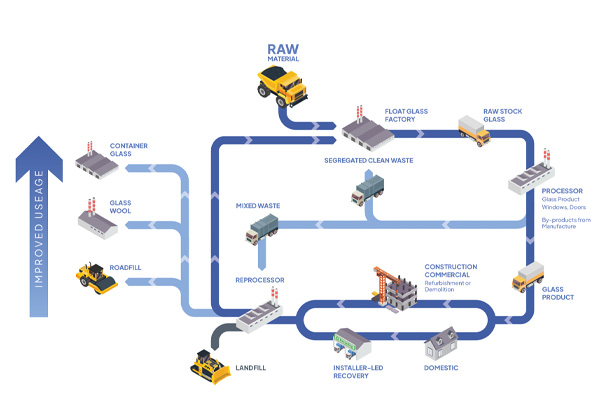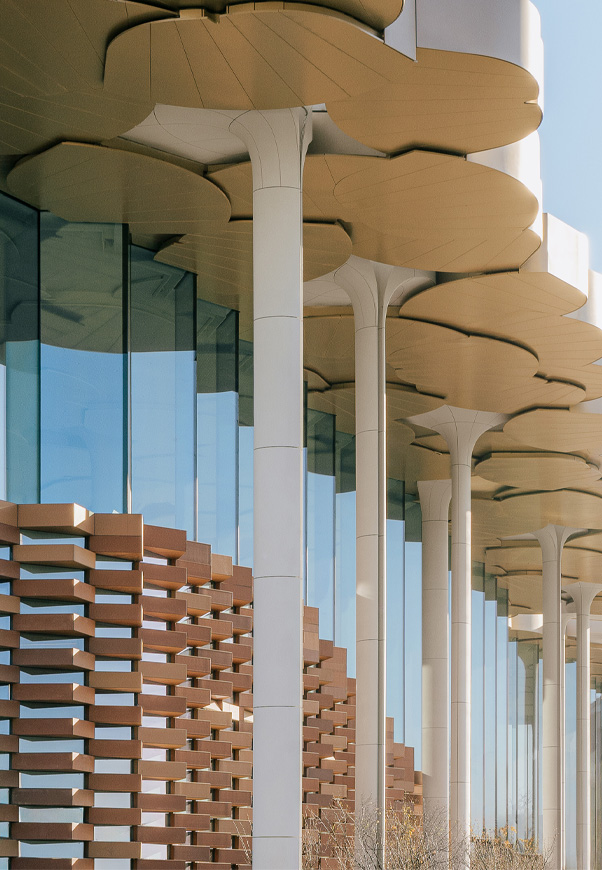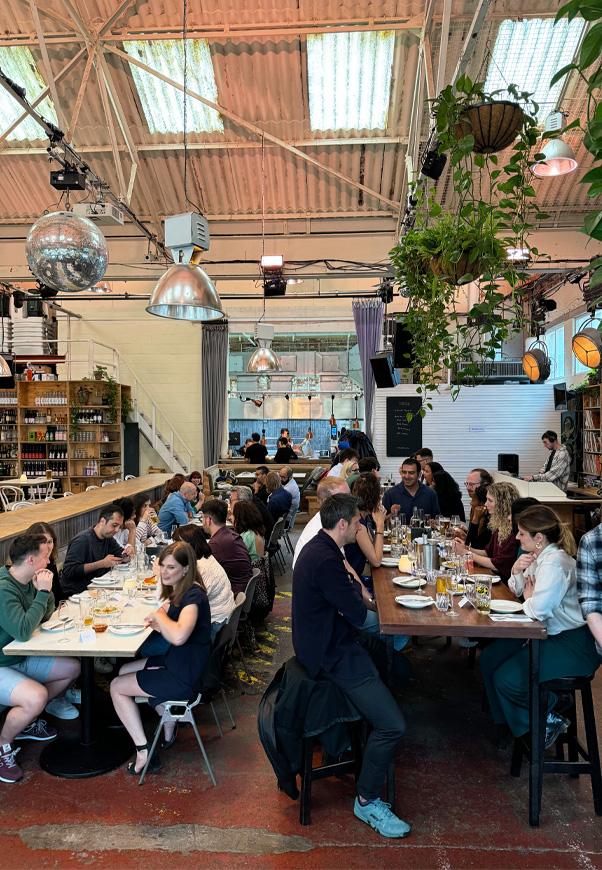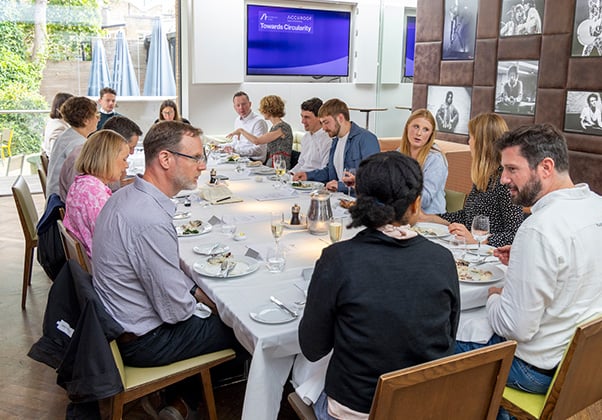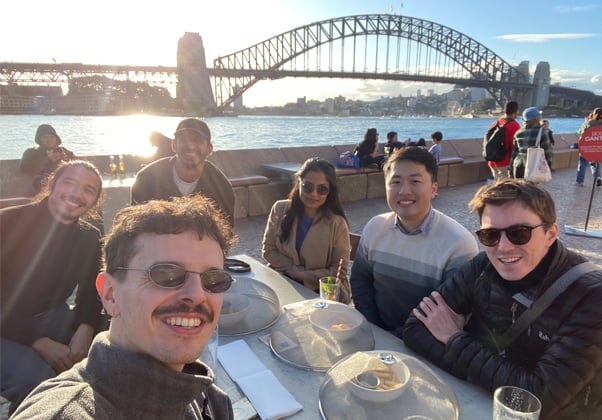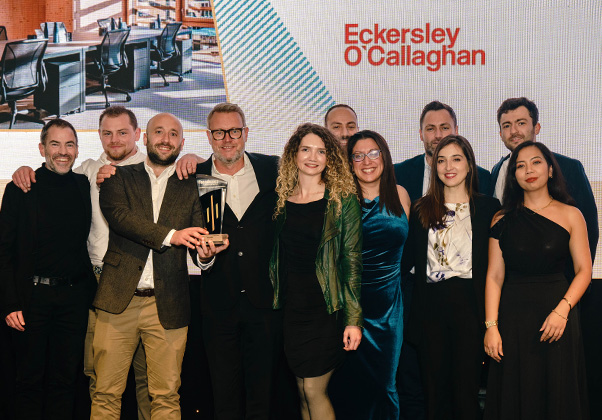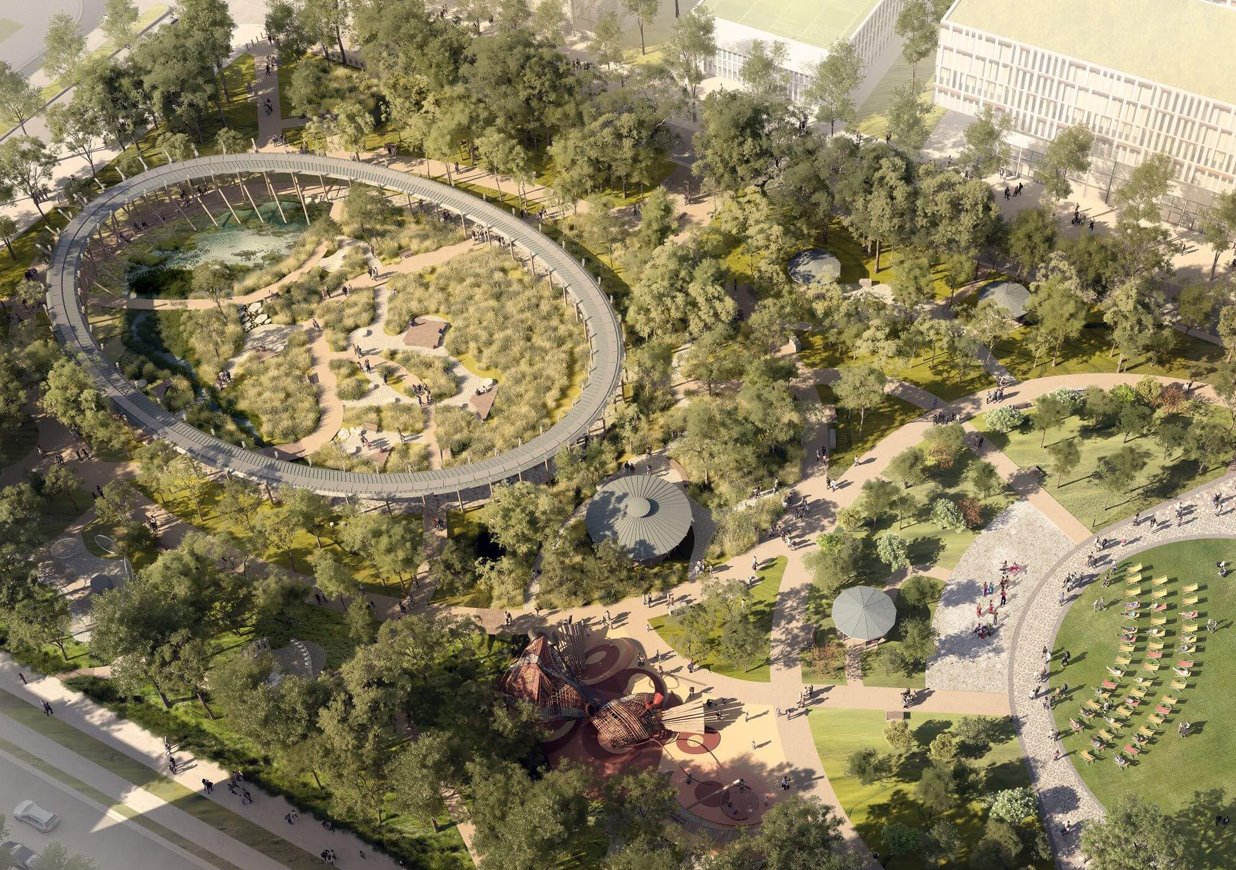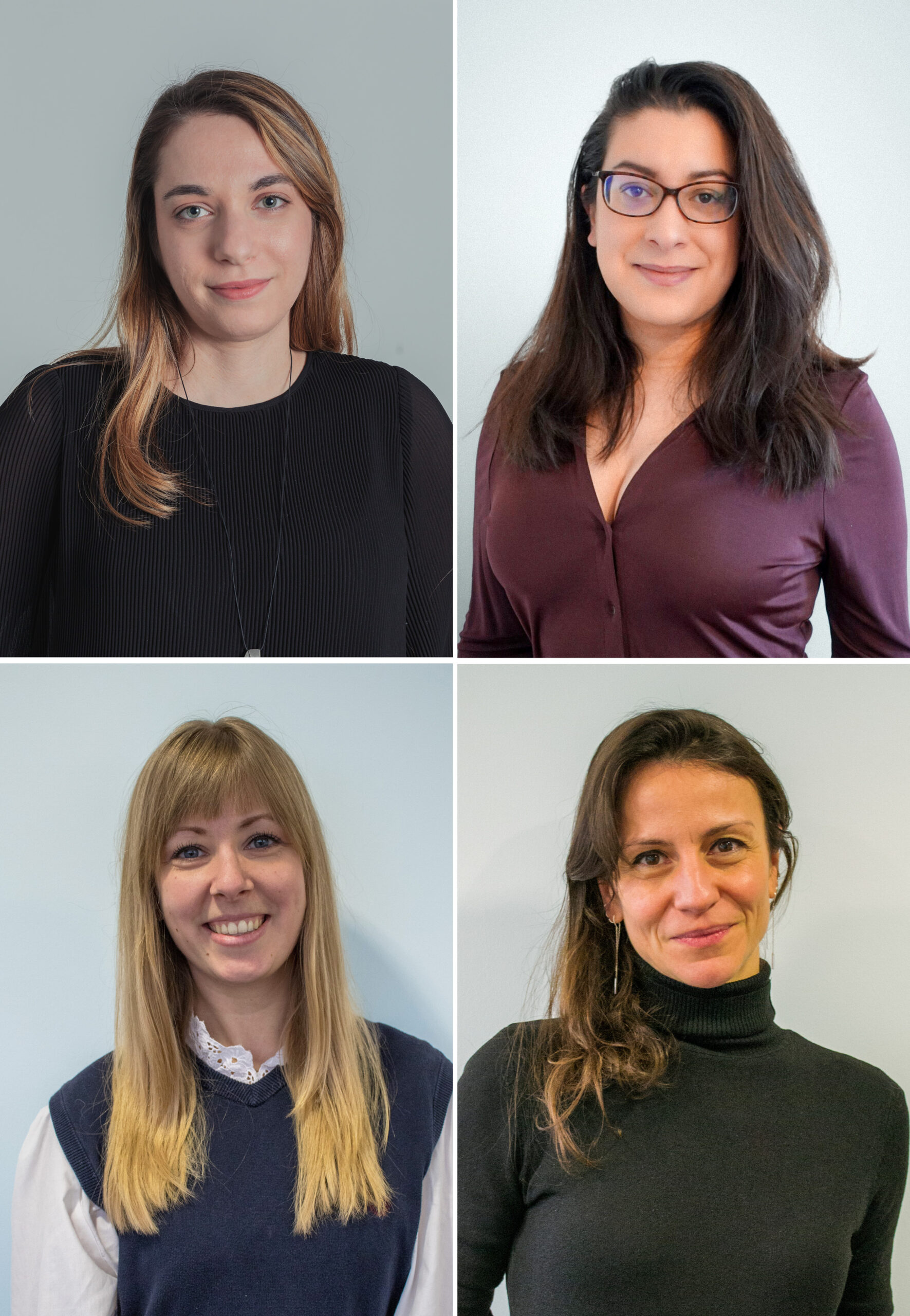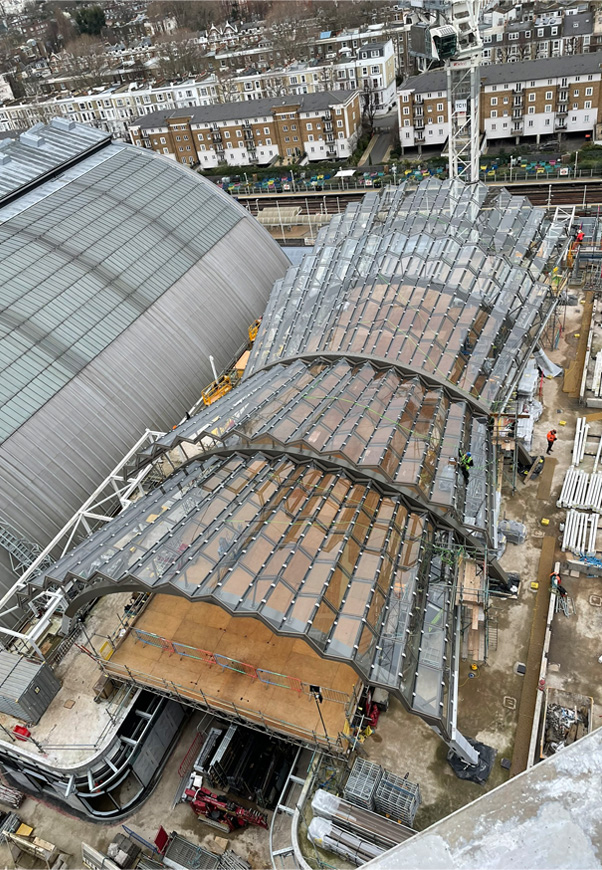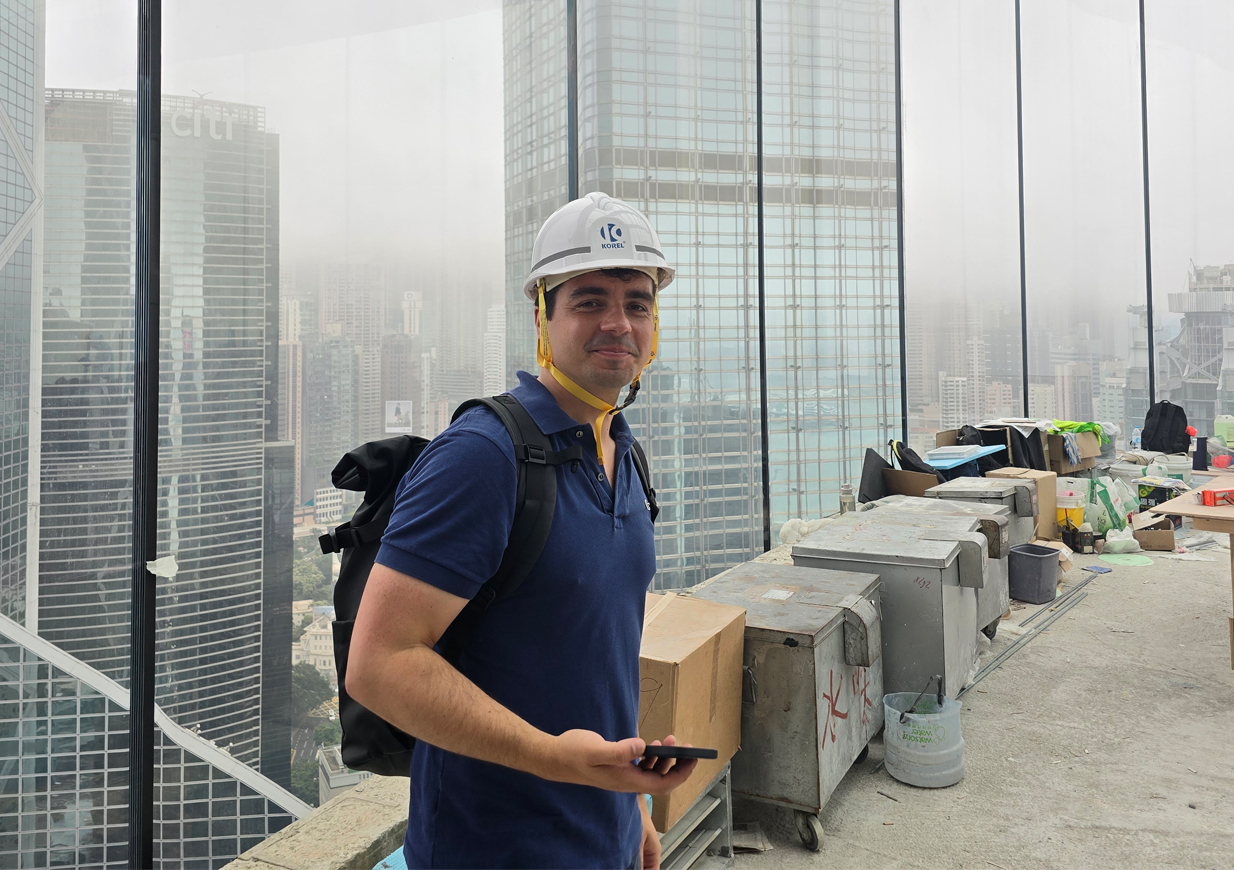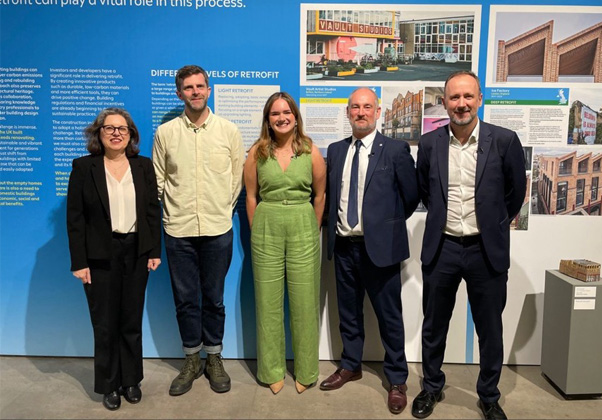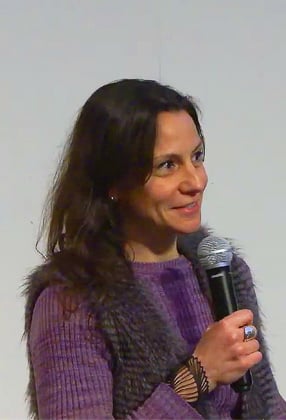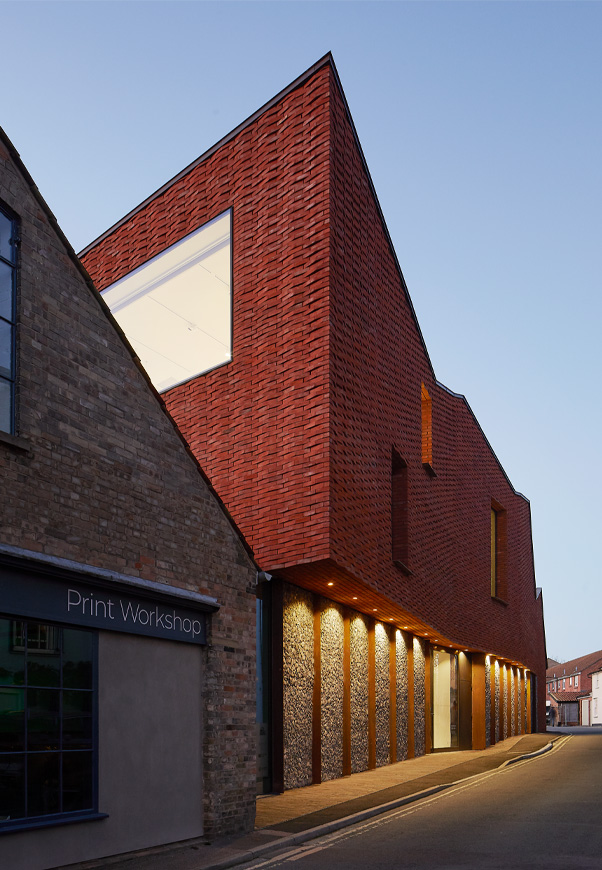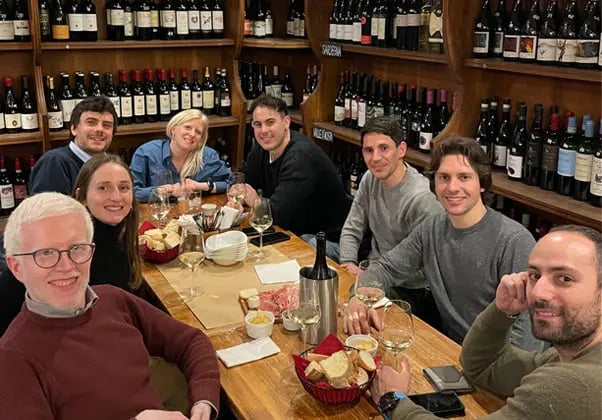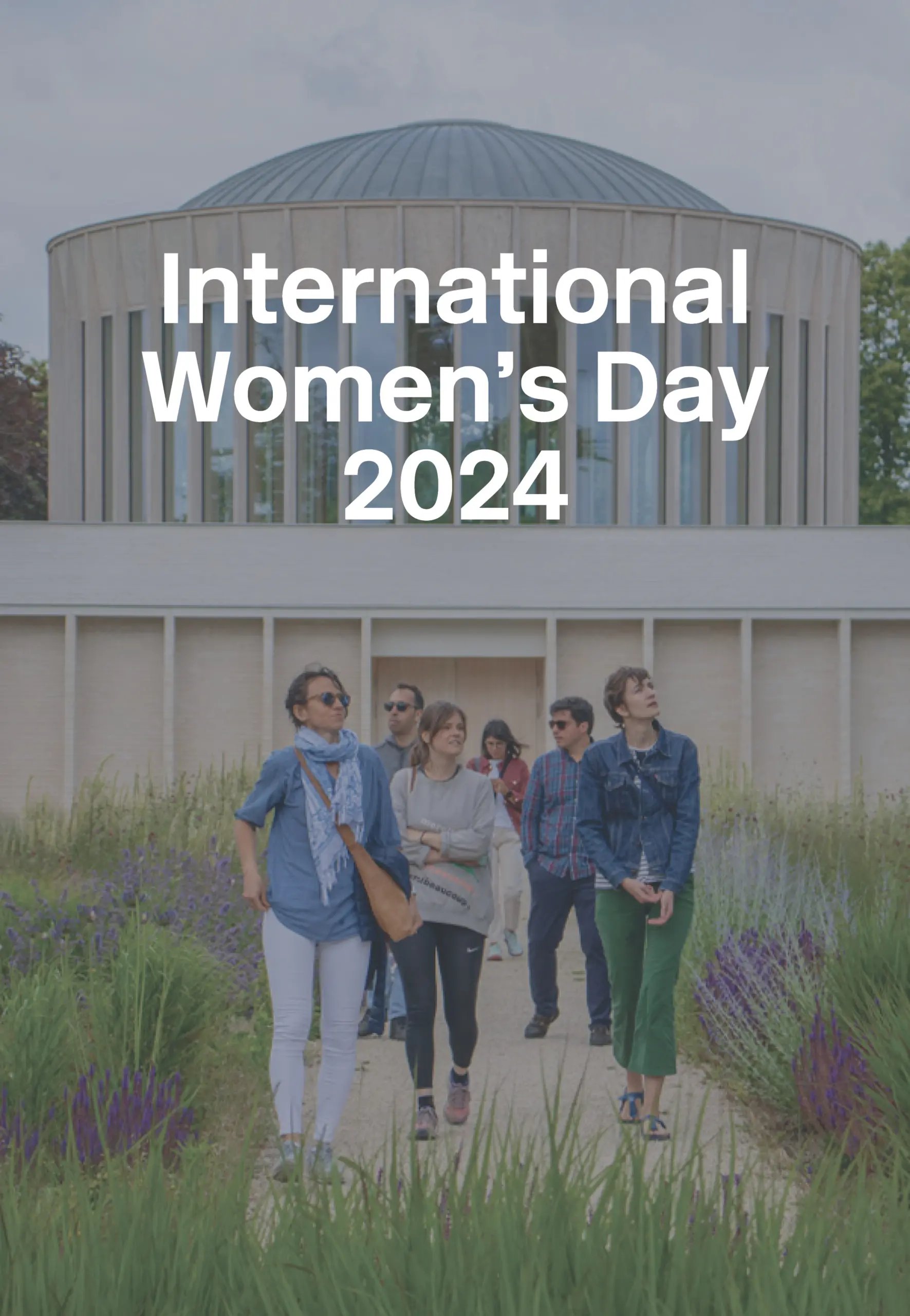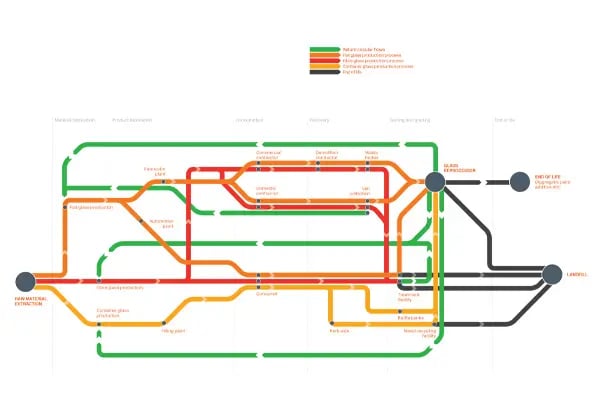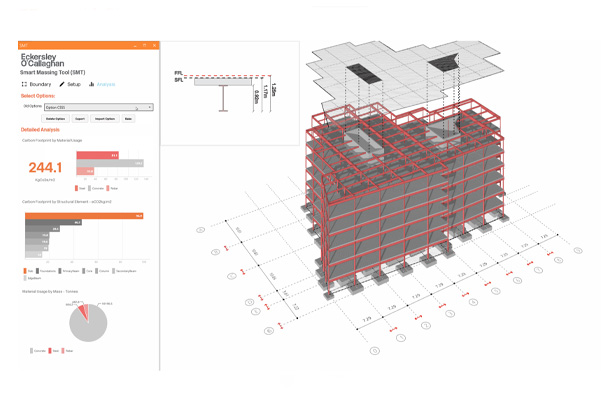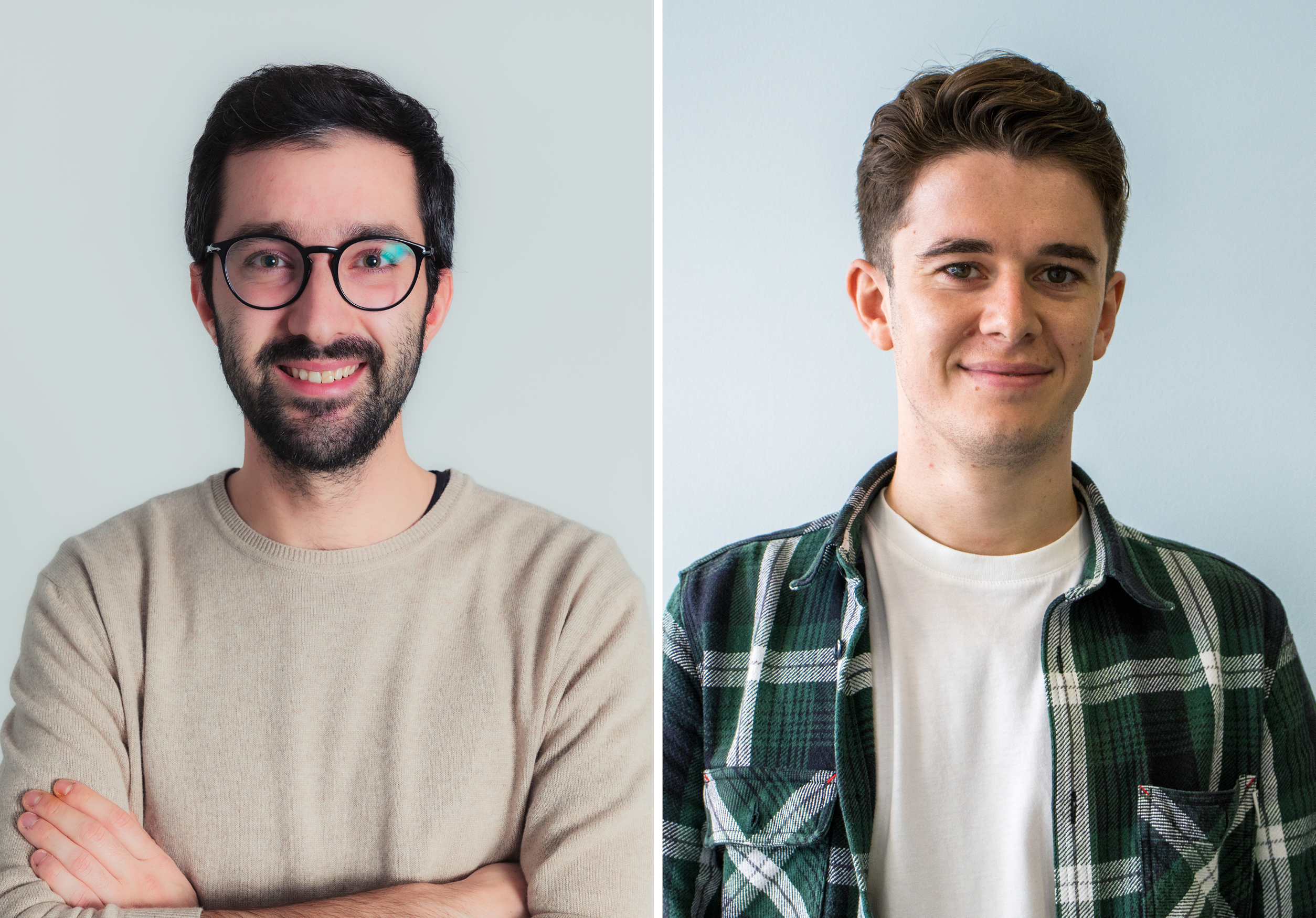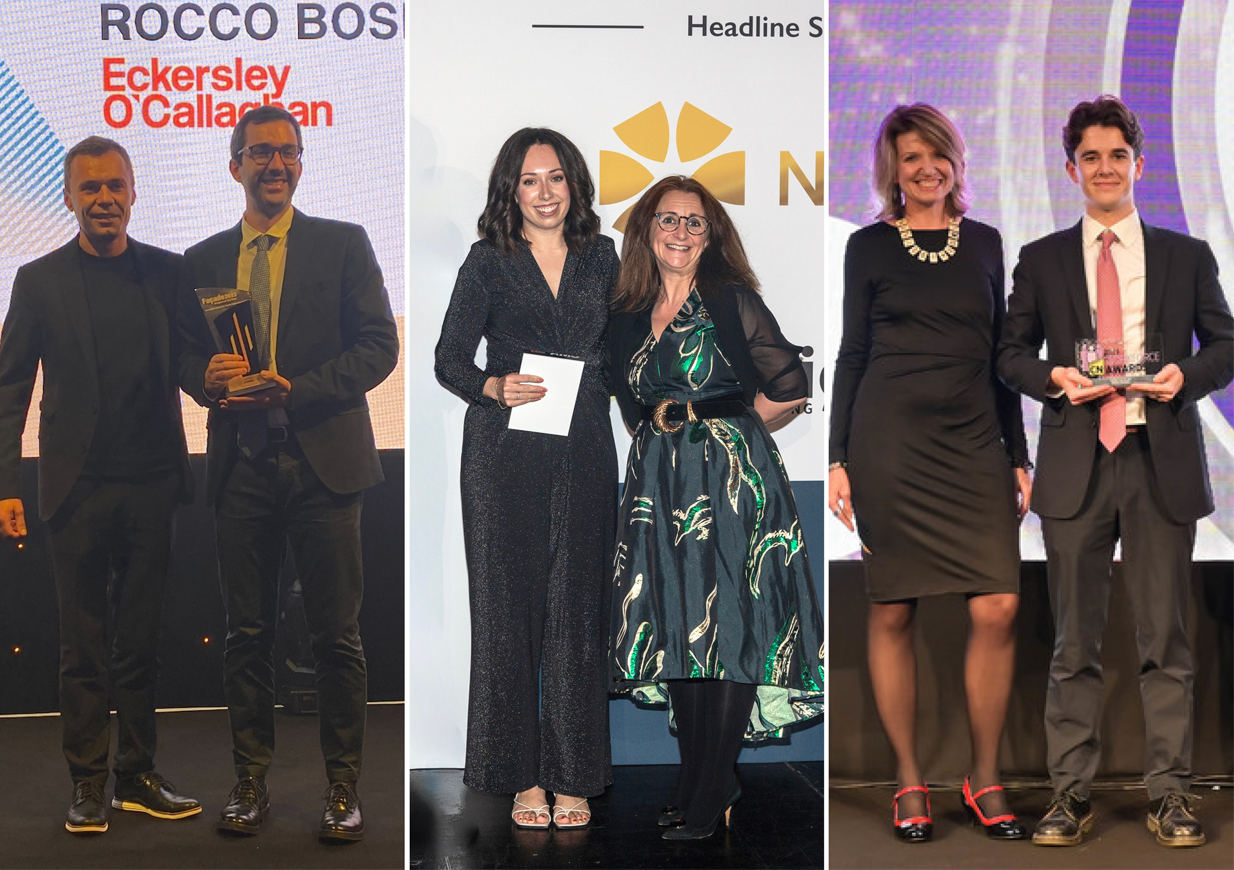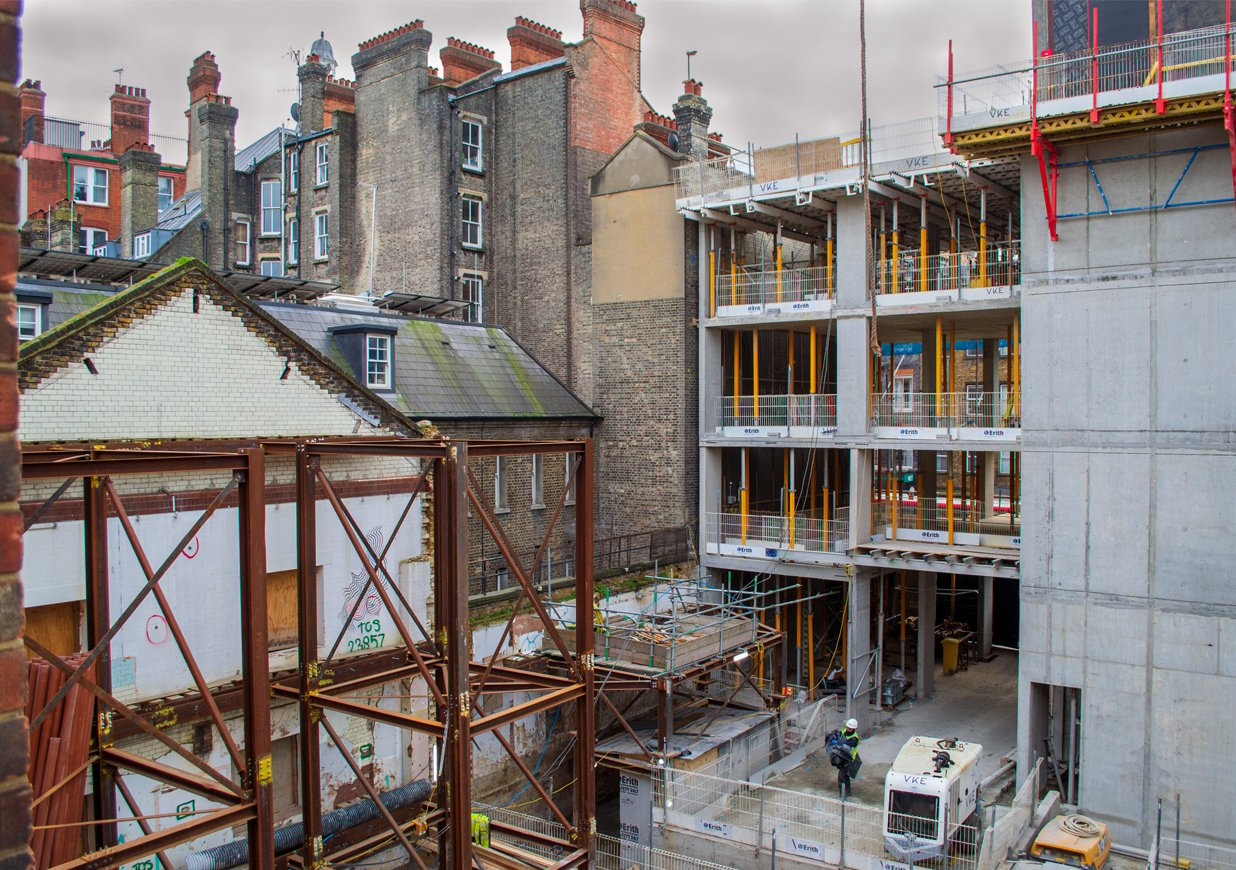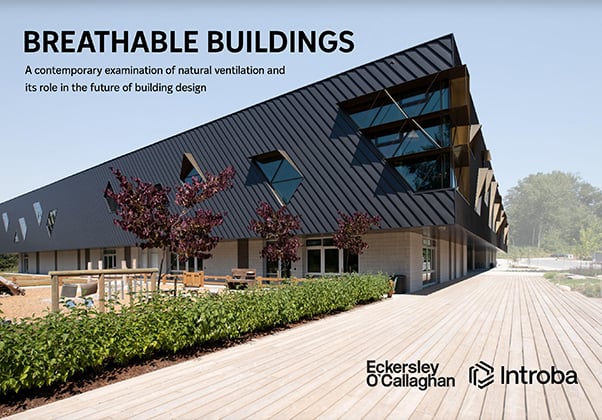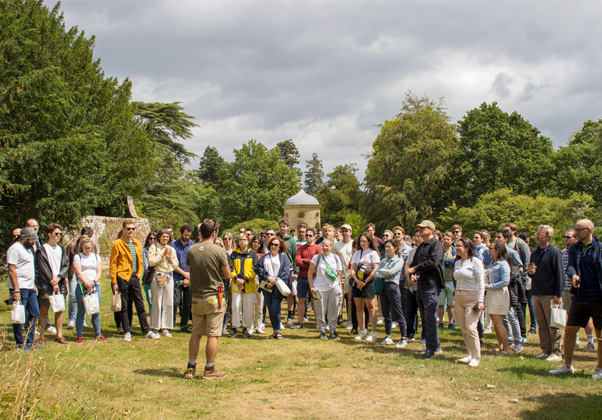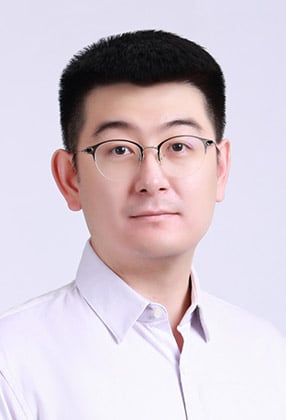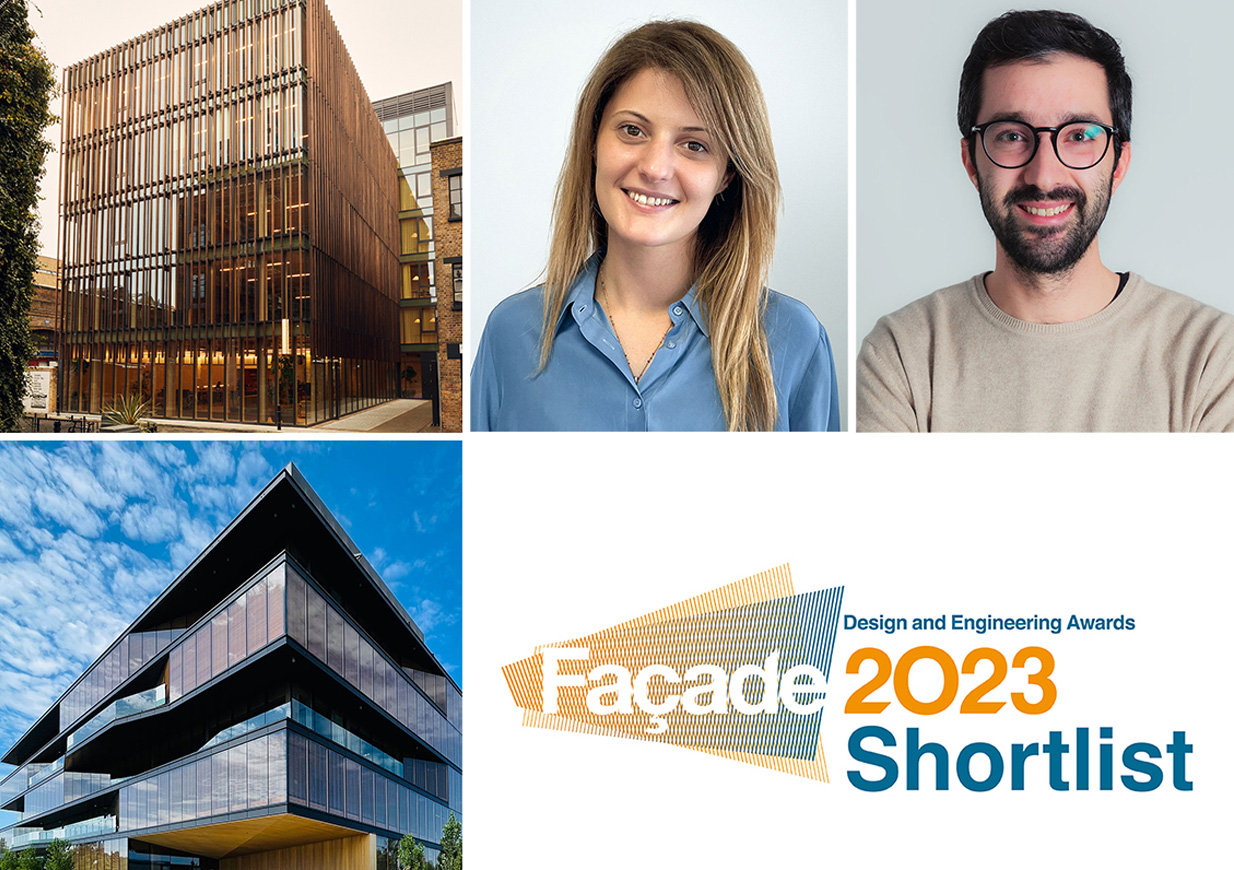Towards Circularity | Rebecca Hartwell
15 August 2024
Rebecca Hartwell, Project Engineer at Eckersley O’Callaghan and Postdoctoral Researcher at TU Delft, was invited to participate in a circularity round table chaired by Isabel Allen of Architecture Today.
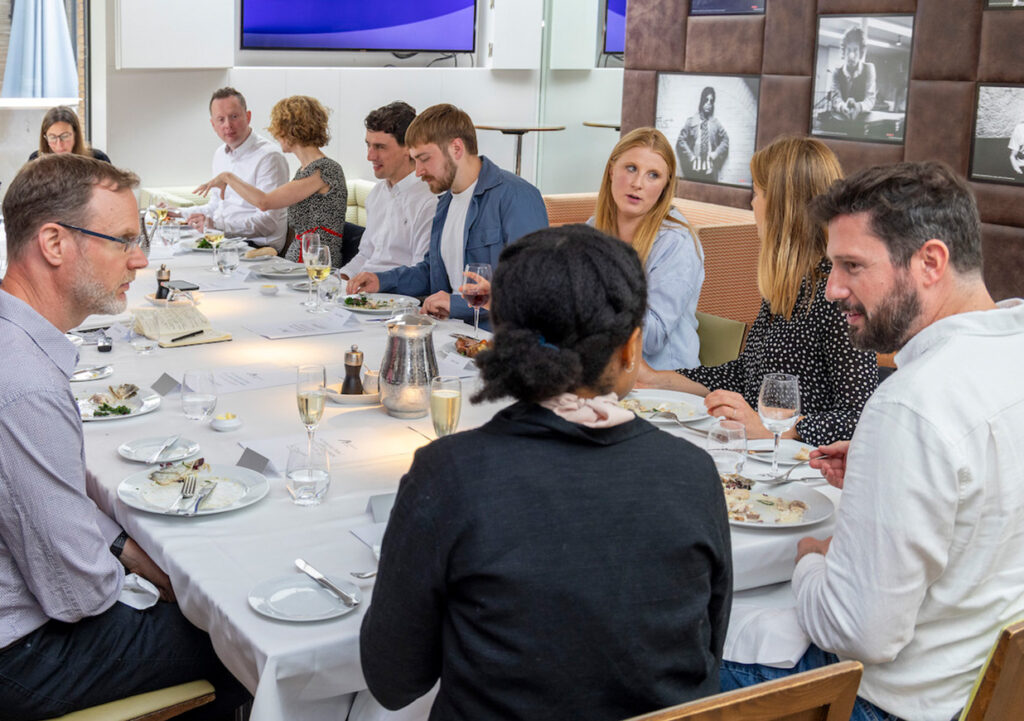
The event became a lively roundtable discussion and debate surrounding the practical challenges to implementing sustainability, circular design strategies and net zero carbon. This involved a discussion on the ever-expanding and changing role of the architect and more widely, design team, in terms of new skills and expertise required to tackle the pressing sustainability topics.
It was highlighted that many practitioners are investing their efforts into developing intuitive knowledge for assessing carbon and other environmental indicators including biodiversity. There was also some discussion around how to communicate success stories of sustainability in practice, to highlight that it is possible to deliver a “new” asset by upgrading the existing building. Clients and developers highlighted that they are in favour of choosing retrofit over new build and shared their insights on investigating how to best coordinate cycles of use (e.g. building ownership) by aligning changes in internal fit-out with the adaptation of other building elements such as facade or structure, in a way that avoids material waste and minimises whole life-cycle carbon.
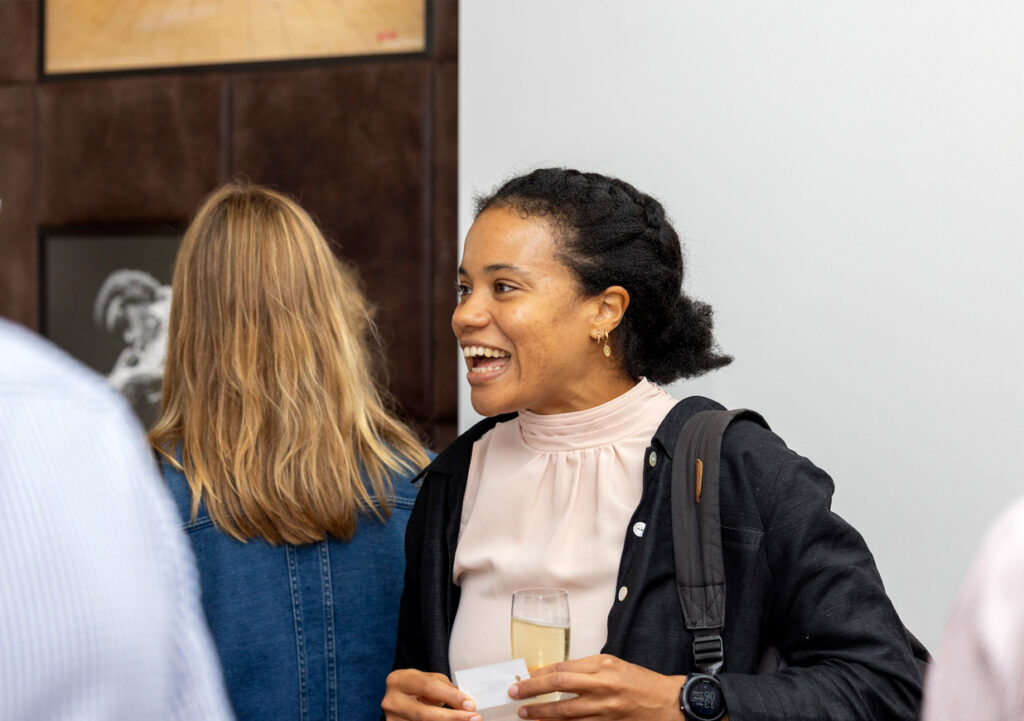
New and growing recycling schemes for metals and glass have provided key enablers for avoiding waste and supporting material recovery on-site. Existing success stories of reuse (i.e. without reprocessing materials) were typically involving returning materials / systems back to the same building. It was noted that there is currently an absence of examples where reuse products are procured from donor buildings or other storage facilities. Demolition contractors are often involved late in the design process, typically at the tender stage, meaning that often opportunities for scaling up the quantity of reused material are lost. There was some discussion surrounding missing stakeholders to provide the necessary test procedures to assess the reuse potential of specific materials. In addition, it was raised that government support may be required to accelerate the availability of environmental data and performance assessments for new green and bio-based materials. These steps were considered as essential for to avoid additional costs, lack of approval, and subsequent deletion from the scope of works. Architects and engineering consultants discussed new services in assessing existing assets for reuse through circularity audits, and looking for ways to reduce uncertainty in procurement by relying on more local supply-chains.
It was inspiring to hear about the respective efforts amongst stakeholder groups to identify their role in influencing more sustainable design decisions within projects. It is clear that the continued development of long-term partnerships, knowledge-sharing and new innovative tools and practices will remain integral to accelerating the transition to a sustainable built environment.
You can read the full summary from the roundtable here: Architecture Today Article
Photography credit: Robin Bell


